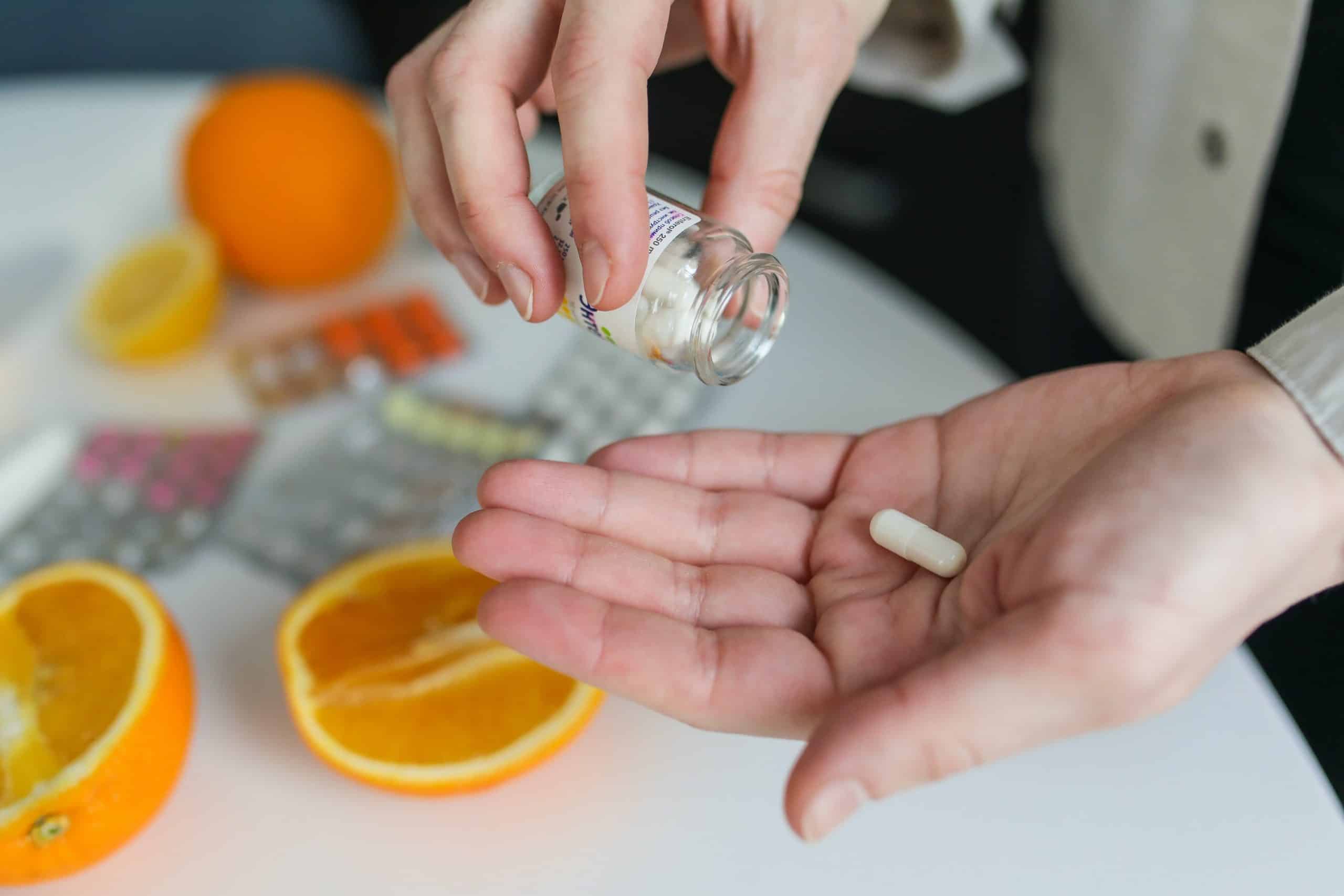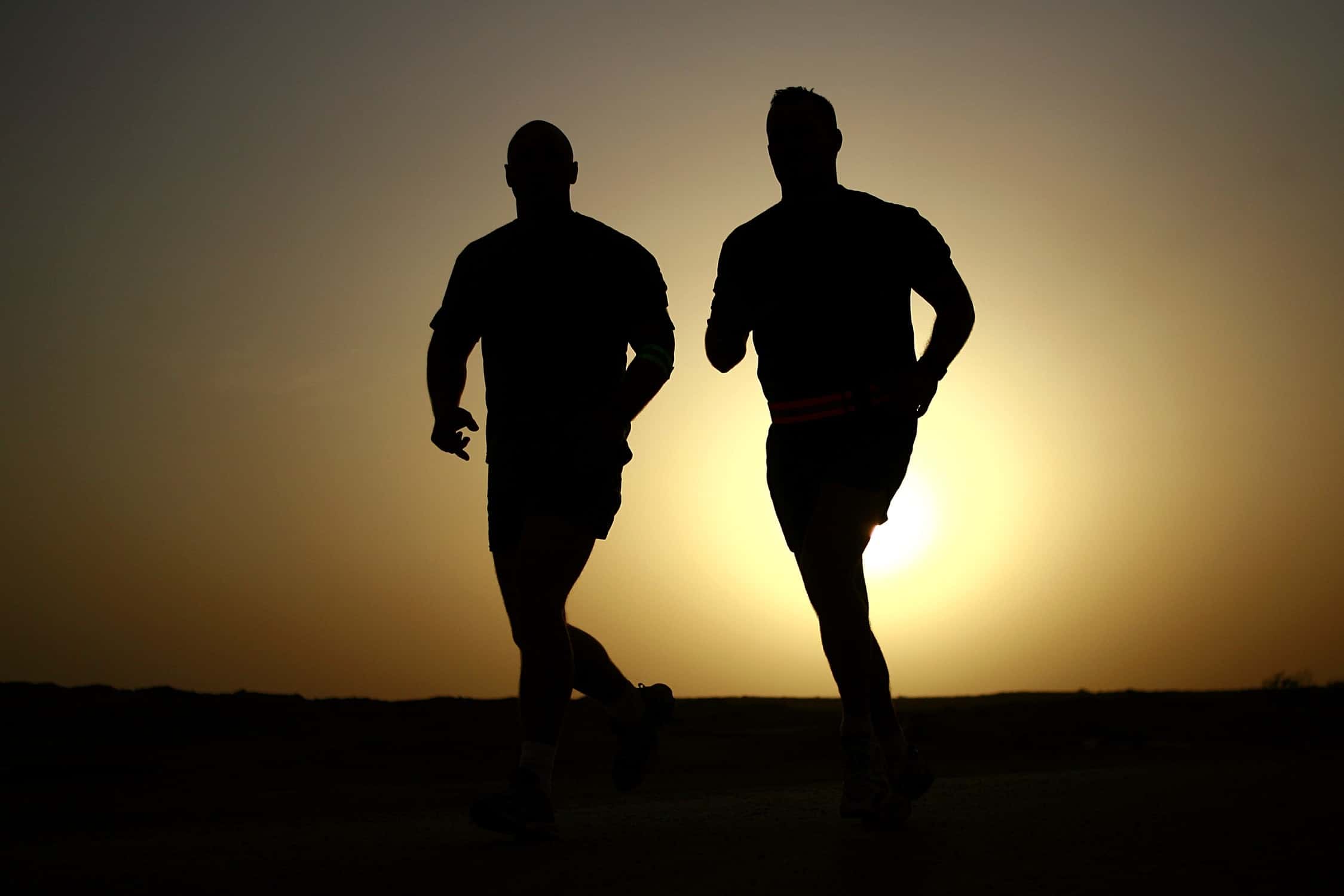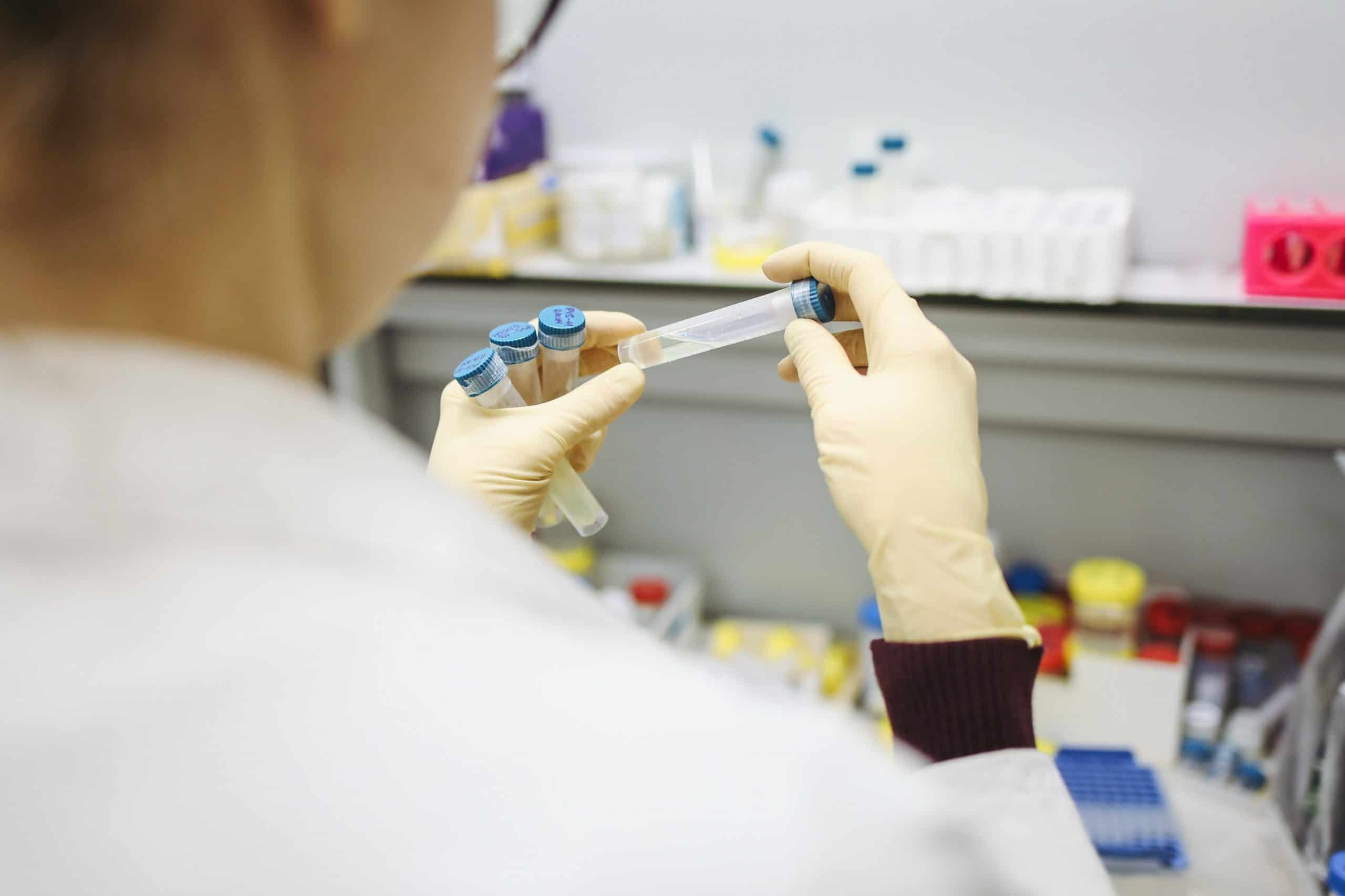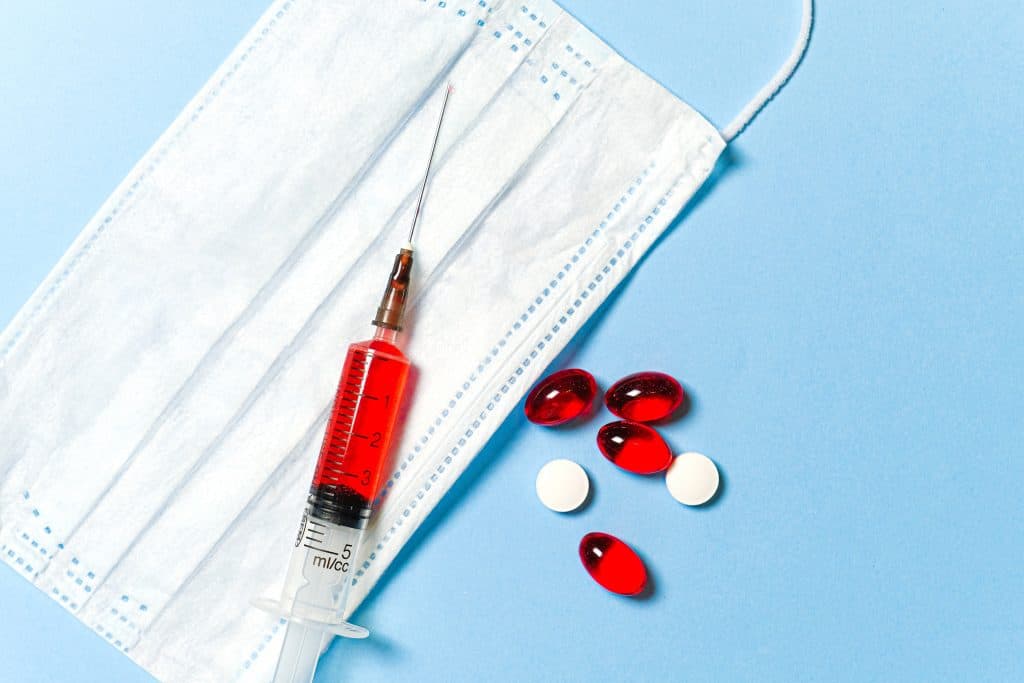

I have received many questions regarding this COVID-19 pandemic and the new Civil Rights protests. I want to remind people that, COVID-19 is still here and overwhelming our health care system. COVID-19 is 10 times more lethal than the flu. It’s a new disease, and with that comes new issues. There is no real treatment such as Tamiflu for the flu, no vaccines, and no real understanding of what is actually working with various treatments, etc. The unknown is what makes us more cautious. With all of this to consider, it is time for us to be thoughtful as we exercise our right to protest, and to maximize our health as much as possible. Below is a list of questions and some key points to consider if and/or when you decide to protest. I will also include some immune system-boosting tips that I not only use myself, but that I often recommend to others.

1. What precautions should I take when protesting?
- Wear a mask over your nose and mouth.
- Wear glasses or some sort of eye protection.
- It may be difficult, but try your best to maintain physical distance for 6 feet if you can.
- Keep an alcohol-based hand sanitizer on you if you can. Make sure to always wash your hands with soap and water for 20 seconds.
- Wear a long sleeve shirt to minimize the skin irritation if you are sprayed with an irritant such as pepper spray and/or tear gas.
- Bring an additional long sleeve shirt and a plastic bag to put clothing into if soiled by an irritant.
- If you are sprayed, remove your shirt and put it in a plastic bag.
- Baby shampoo with water can be used to wash out the irritant from your skin and eyes.
- Tear Gas/pepper spray are irritants to the skin, eyes and lungs. If you inhale pepper spray/tear gas and have difficulty breathing, please go to the closest emergency department. There was a recent report where a woman died from an asthma attack after exposure to either pepper spray or tear gas.
- Go with a partner. There is strength in numbers but if something happens it is important to have a reliable person with you to help in time of need.

2. What kinds of foods and supplements can we consume to boost our immune systems?
Eat a whole-foods, plant-based diet. Eat at least 7 servings of fruits and vegetable each day. Make sure you include green, leafy vegetables into your diet daily. Avoid processed food.
Juicing, or drinking fresh cold-pressed vegetable and fruit juices are excellent ways to boost your immune system. Cold pressed juices are exposed to minimal heat and air, so they’re able to hold onto more vitamins, minerals, and enzymes present in the whole fruit. If you don’t have access to cold pressed juice, you can make fresh juice using any juicer (or blender if a juicer is not available) and still reap the benefits. Avoid juice with added sugars and preservatives.
Take a B-complex vitamin each day. The B-vitamins are for stress, and they are the building blocks of a healthy body. They help with energy levels, brain function, and cell health. They include thiamine (vitamin B1), riboflavin (vitamin B2), niacin (vitamin B3), pantothenic acid (vitamin B5), pyridoxine (vitamin B6), biotin, folic acid and the cobalamins (vitamin B12).
Take vitamin C every day. The best form of vitamin C to take is liposomal vitamin C. Liposomes deliver more vitamin C into your body’s circulation compared to traditional vitamin C supplements. If you are not able to purchase liposomal vitamin C that is okay, but you may have to take higher doses to be more effective. Vitamin C is a powerful antioxidant and is necessary for the growth and repair of all bodily tissues. It controls inflammation and prevents the development of leaky blood vessels in the lungs. Vitamin C has also been shown to lessen the duration and severity of viral illness.
Vitamin D3 has several important functions. Perhaps the most vital are helping your body absorb calcium and phosphorus, and is necessary for the proper functioning of your immune system. Vitamin D3 is also known to control inflammation.
Take a zinc supplement every day. Zinc prevents the virus from replicating, and it also lessens the duration and severity of your viral illness.
Magnesium is needed for every bodily function. Magnesium increases the absorption of Vitamin D3. It’s a precursor for neurotransmitters such as seratonin, attaches to ATP for energy. It relaxes muscles and is good for preventing muscle cramps. Magnesium also helps regulate heart rate, is good for tension headaches, and helps with sleep.
Turmeric, with its well-known active ingredient, curcumin, is a powerful anti-inflammatory agent, its antiviral, antibacterial, and has anticancer properties. The term, “golden milk,” which consists of milk, turmeric, and pepper, is a well-known healthy beverage that can be taken every day. You can substitute cow’s milk for almond milk or nut milk, as the fatty properties in the milk aid in absorption of turmeric. Turmeric is a natural anticoagulant (blood thinner), so consult your physician before taking if you are on blood-thinning medications.

3. What other things can we do to boost our immune system?
Exercise regularly. Get at least 150 minutes of moderate exercise each week. Exercise is very important. This can be a very stressful, fearful, and depressing time for many people. Exercise not only boosts your immune system, but it helps relieve stress, combats depression by releasing natural endorphins, and leaves you with an overall sense of well-being.
Get adequate sleep. Allow yourself to get at least 6-8 hours of sleep each night.
Try to minimize stress. Use mind-body therapies like deep breathing, meditation, tai chi, yoga, massage to reduce stress and stay in shape.
Don’t smoke, and if you drink alcohol, drink only in moderation.

4. What do we know about the treatment of coronavirus and how effective it is in the United States?
Currently, there is no cure for the coronavirus. We treat the virus with what we call ‘supportive care.’ Recommendations for supportive care includes: getting plenty of rest, drinking plenty of fluids. For runny nose, it is helpful to use Flonase. If you feel congested, take a cold medicine such as MucinexD, or even allergy medicine such as Claritin/Zyrtec/Allegra. Make sure you take zinc, vitamin C, B-complex vitamin, vitamin D3, magnesium, turmeric. Avoid dairy during this time because dairy can cause inflammation and causes more mucous for the virus to live in.

5. At what point should one get tested?
Covid-19 symptoms are very similar to flu-like symptoms. Symptoms include: fever, cough, shortness of breath, runny nose, body aches and pains. Additional symptoms can include loss of smell and taste, abdominal cramping, and diarrhea. These symptoms can occur 2-14 days after exposure.
If you are in a low-risk group, meaning that you are below the age of 60, healthy with no chronic medical conditions, and you feel symptoms, self-isolate. Monitor your temperature. If you have a fever, call your doctor.
If you are in a high-risk group, meaning that you have chronic medical conditions, you may be immune-compromised, and/or over age 60, and feel symptoms, please self-isolate and call your doctor immediately. If at any point you are feeling short of breath and/or having difficulty of breathing, go to your local emergency department.
Only go to the emergency department if you are having urgent symptoms, like trouble breathing.
Please contact your local public health department, or your county health department, for testing sites in your area.
Please continue to wash your hands for 20 seconds, physical distance, wear your masks, and shelter-in-place so that we can flatten the curve!
I would love to give you a free resource sheet to support your overall wellness. Click the button below to receive your gift.
I really wanted to talk about this topic today because your natural health and wellness is important. You can adopt healthy lifestyle practices that improve your health and enrich your life, which can in turn improve the lives of those close to you. You have the power to break the cycle of poor health, including chronic disease, so that you can leave a legacy of health to your loved ones.
I use lifestyle medicine as the first line of treatment, before medications, to treat lifestyle-related chronic diseases. Lifestyle-related chronic diseases include diabetes, hypertension, obesity, and some cancers, just to name a few. Lifestyle practices, such as eating a whole-food plant-based diet and regular physical activity, can help you lose weight, and maybe reverse some chronic diseases (if you suffer from them). In certain cases, these approaches may even outperform pharmaceutical therapy.
Tools for COVID-19 Prevention
COVID-19 Vaccines
COVID-19 vaccines are safe, effective, and free. Get the vaccine: https://www.cdc.gov/coronavirus/2019-ncov/vaccines/
N95 Masks
While COVID-19 cases continue to soar, better masks will help protect against transmission. The CDC says a NIOSH-approved N95 provides the most protection. Well-fitting surgical masks and KN95 masks offer the next best protection, followed by cloth masks with multiple layers. I recommend this Face Mask NIOSH N95 w/o Valve.
Hand Sanitizer
CDC recommends washing hands with soap and water whenever possible because handwashing reduces the amounts of all types of germs and chemicals on hands. But if soap and water are not available, using a hand sanitizer with at least 60% alcohol can help you avoid getting sick and spreading germs to others. I recommend TriDerma Moisturizing Hand Sanitizer.
Face Shield
Choose a face shield that wraps around the sides of your face and extends below your chin or a hooded face shield. This is based on the limited available data that suggest these types of face shields are better at preventing spray of respiratory droplets. I recommend Shield U PPE Headgear and Face Shield.
Pulse Oximeter
An oximeter may be useful for monitoring oxygen levels if a person has a light case of COVID-19 and is treating it at home.
Please talk with your doctor about any complementary health approaches, including supplements, you use. Let me know what you think in the comment section below.
Stay healthy,
Dr. Nicolle
PS. I am always asked what tools and resources I recommend to help you reach YOUR health goals. Here is the ever-growing, always updated list for you.
Dr. Nicolle Martin
Some of the links in this article are "affiliate links", a link with a special tracking code. This means if you click on an affiliate link and purchase the item, we will receive an affiliate commission.
The price of the item is the same whether it is an affiliate link or not. Regardless, we only recommend products or services we believe will add value to our readers.
By using the affiliate links, you are helping support our Website, and we genuinely appreciate your support.
Last updated on January 24th, 2022 at 09:29 pm

Minimize Medications. Maximize Health.
Are you super busy but need to take control of your health? Are you tired of being tired? Subscribe to my “Minimize Medications, Maximize Health Blog” and I’ll give you 7 Tips to Get Healthy in No Time absolutely FREE.








